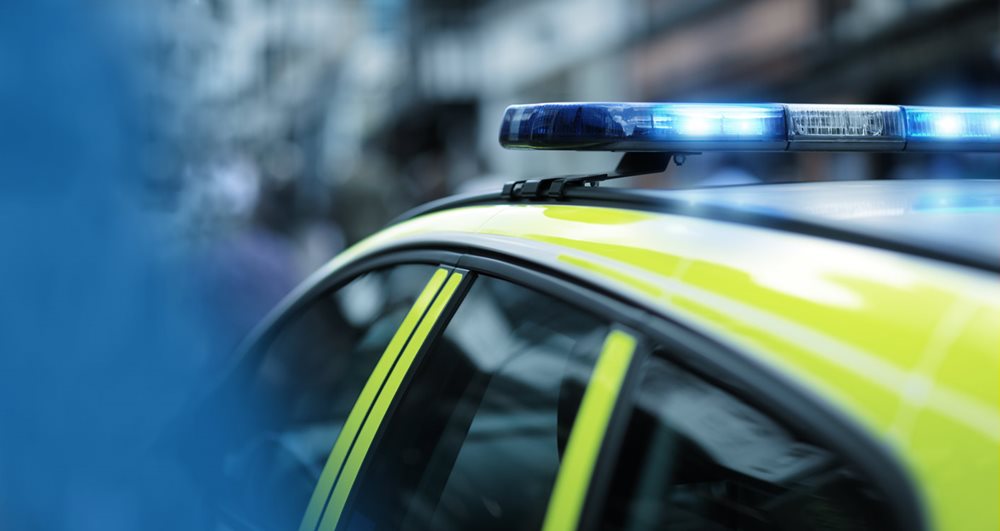
Advice circulating amongst protesters suggests that they do not have to give the police a fingerprint or a DNA sample at the police station after they have been arrested. This advice is only true in certain circumstances. We hope this brief guide assists, but in any event ask to speak to a solicitor as soon as possible.
ITN Solicitors are one of the firms recommended on the XR bust card. Our solicitors are available 24 hours a day on 0203 909 8100.
An arrested person must give their fingerprints/DNA if they are arrested for a ‘recordable’ offence. A recordable offence will end up on your Police National Computer Record. All imprisonable offences are recordable. Some non-imprisonable offences are still recordable though. The list of recordable offences is in the National Police Record (Recordable Offences) Regulations 2000 (though beware relying on that link as the official government website is not up to date.)
The offence of Obstruction of the Highway is not listed in the regulations. Therefore, it is a non-recordable offence and so the police cannot make XR arrestees give a fingerprint or DNA sample.
There are two important exceptions to this though:
- If the person has also been arrested for another offence at the same time then police will be able to take fingerprint/DNA samples.
- The police have the power (under section 61(6B) of PACE) to take fingerprints if the arrested person refuses to give their name and address, or a doubtful name, regardless if they have been arrested for a recordable or non-recordable offence.
The following other common offences that people are being arrested for are all recordable and so fingerprints/DNA samples can be taken:
- Knowingly failing to comply with a condition imposed on a rally (‘section 14’ of the Public Order Act 1986);
- Knowingly failing to comply with a condition imposed on a march (‘section 12’ of the Public Order Act 1986);
- The various criminal damage offences;
- Aggravated Trespass;
- Assaulting a police officer (‘assault on an emergency worker’);
- Obstructing a police officer; and
- Causing harassment, alarm or distress (‘section 5’ of the Public Order Act 1986).
If a sample of your fingerprints or DNA has been taken and you think there was no lawful power to do so, then you may be able to make a complaint against the police, as well as a claim for assault.
This blog is intended to provide information only and not legal advice. Each person’s situation is different and therefore this information will not necessarily apply to your case. You are strongly encouraged to seek formal legal advice.
If you need more advice on any of the above then please contact our Criminal law or Actions Against the Police departments.